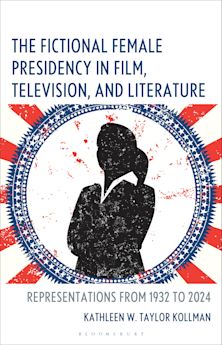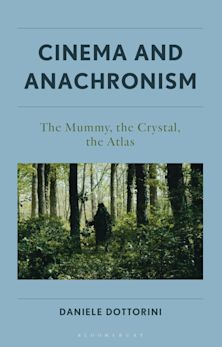- Home
- ACADEMIC
- Film & Media
- Film Theory
- Lebanese Cinema
You must sign in to add this item to your wishlist. Please sign in or create an account
Description
Modern Lebanese cinema can best be explored in the context of the Civil War, in part because almost all the Lebanese films made since its outset in 1975 have been about this war. Lina Khatib takes 1975 Beirut as her starting point, and takes us right through to today for this, the first major book on Lebanese cinema and its links with politics and national identity.She examines how Lebanon is imagined in such films as Jocelyn Saab's "Once Upon a Time, Beirut", Ghassan Salhab's "Terra Incognita", and Ziad Doueiri's "West Beirut". In so doing, she re-examines the importance of cinema to the national imagination. Also, and using interviews with the current generation of Lebanese filmmakers, she uncovers how in the Lebanese context cinema can both construct and communicate a national identity and thereby opens up new perspectives on the socio-political role of cinema in the Arab world.
Table of Contents
Introduction: On Lebanese Cinema and National Identity
1 The Lebanese Cinema Industry in Context
2 Religion, Conflict and the Other Within
3 War as a Masculine Arena
4 Women, the Body and the City
5 The Politics of Place, Exile and Belonging
6 History and the Avoidance of History
Epilogue: Imagining the Nation
Notes
Bibliography
Filmography
Index
Product details
| Published | 30 Aug 2008 |
|---|---|
| Format | Ebook (PDF) |
| Edition | 1st |
| Extent | 224 |
| ISBN | 9780857714282 |
| Imprint | I.B. Tauris |
| Illustrations | 25 integrated b/w illustrations |
| Series | World Cinema |
| Publisher | Bloomsbury Publishing |
About the contributors

ONLINE RESOURCES
Bloomsbury Collections
This book is available on Bloomsbury Collections where your library has access.


































